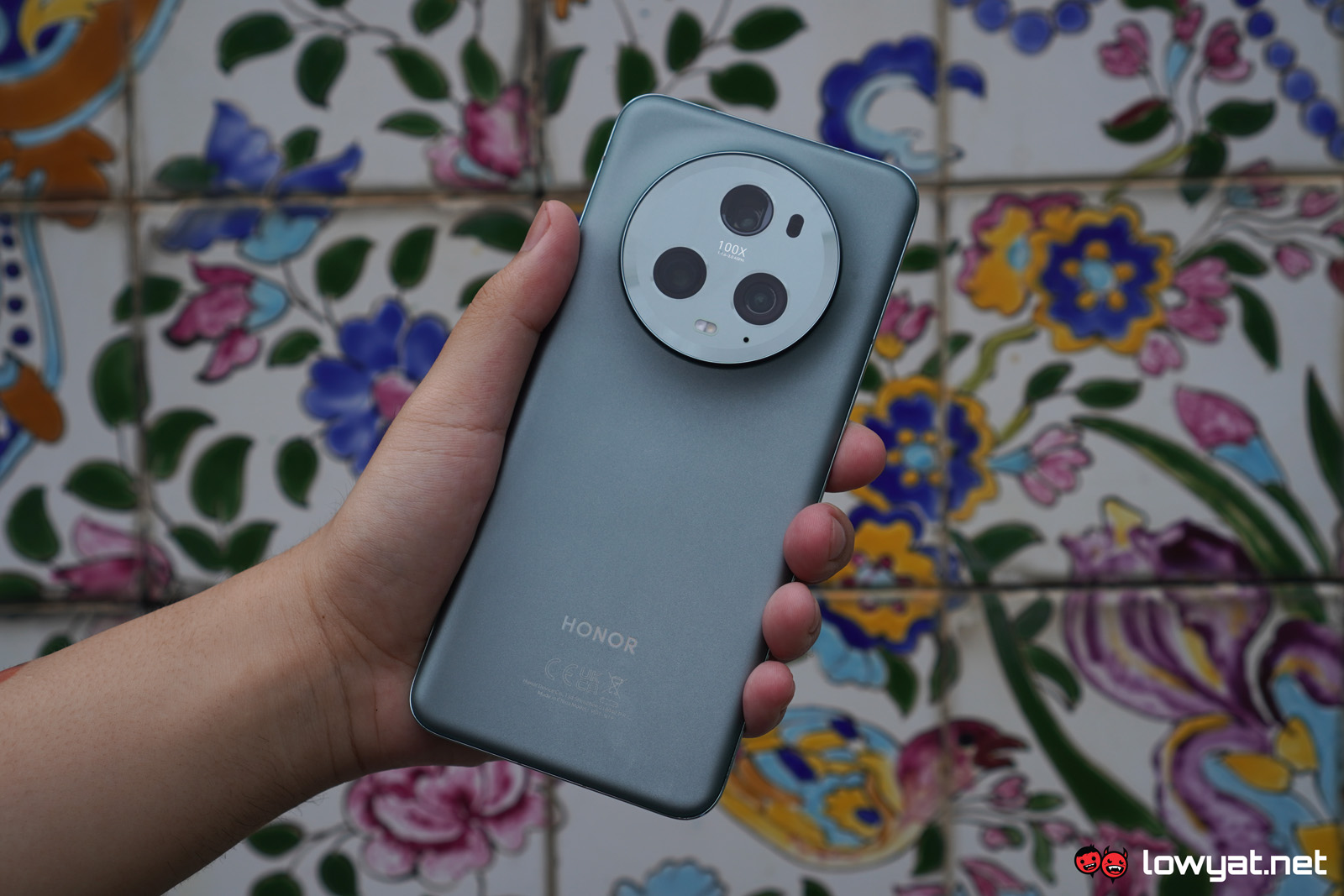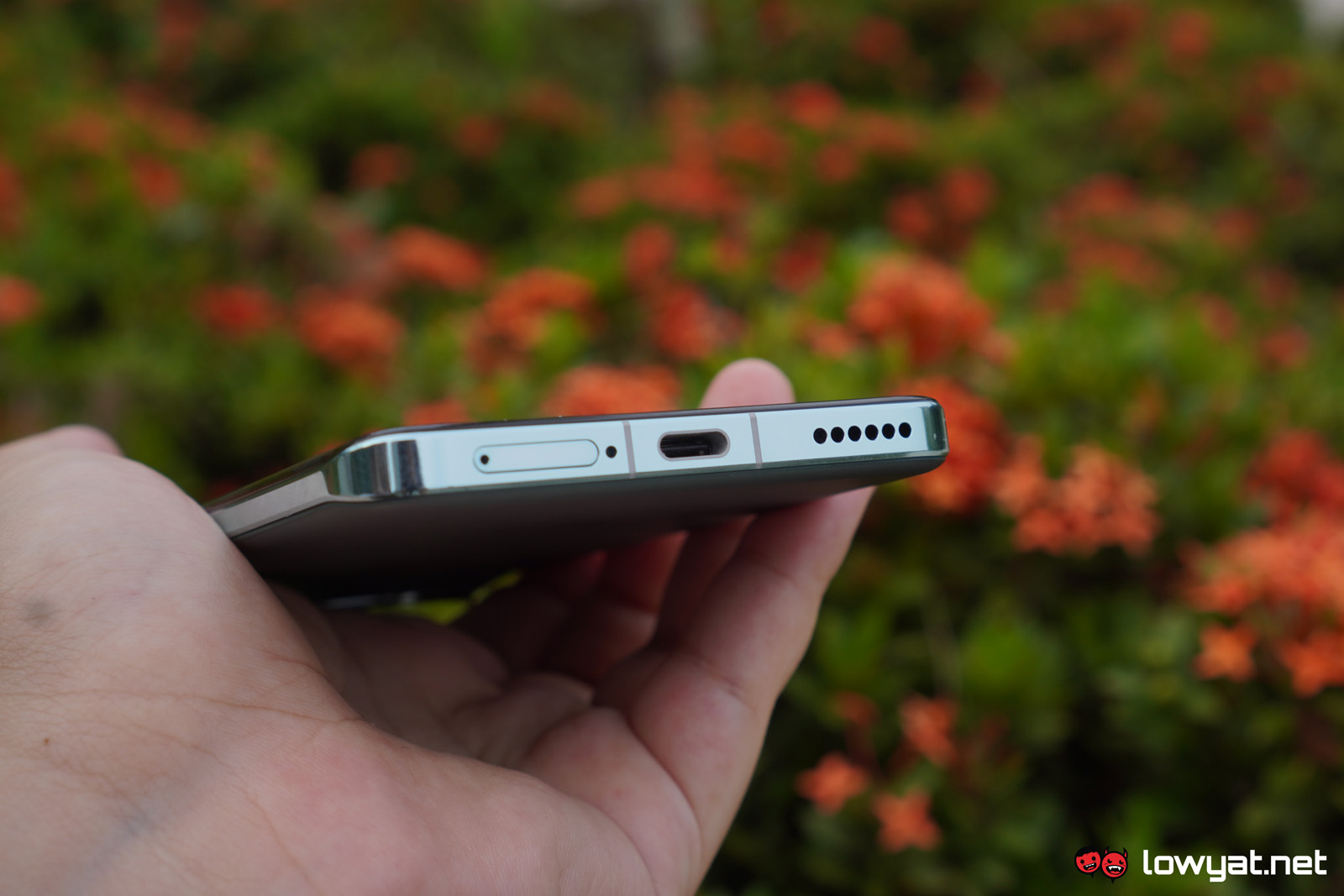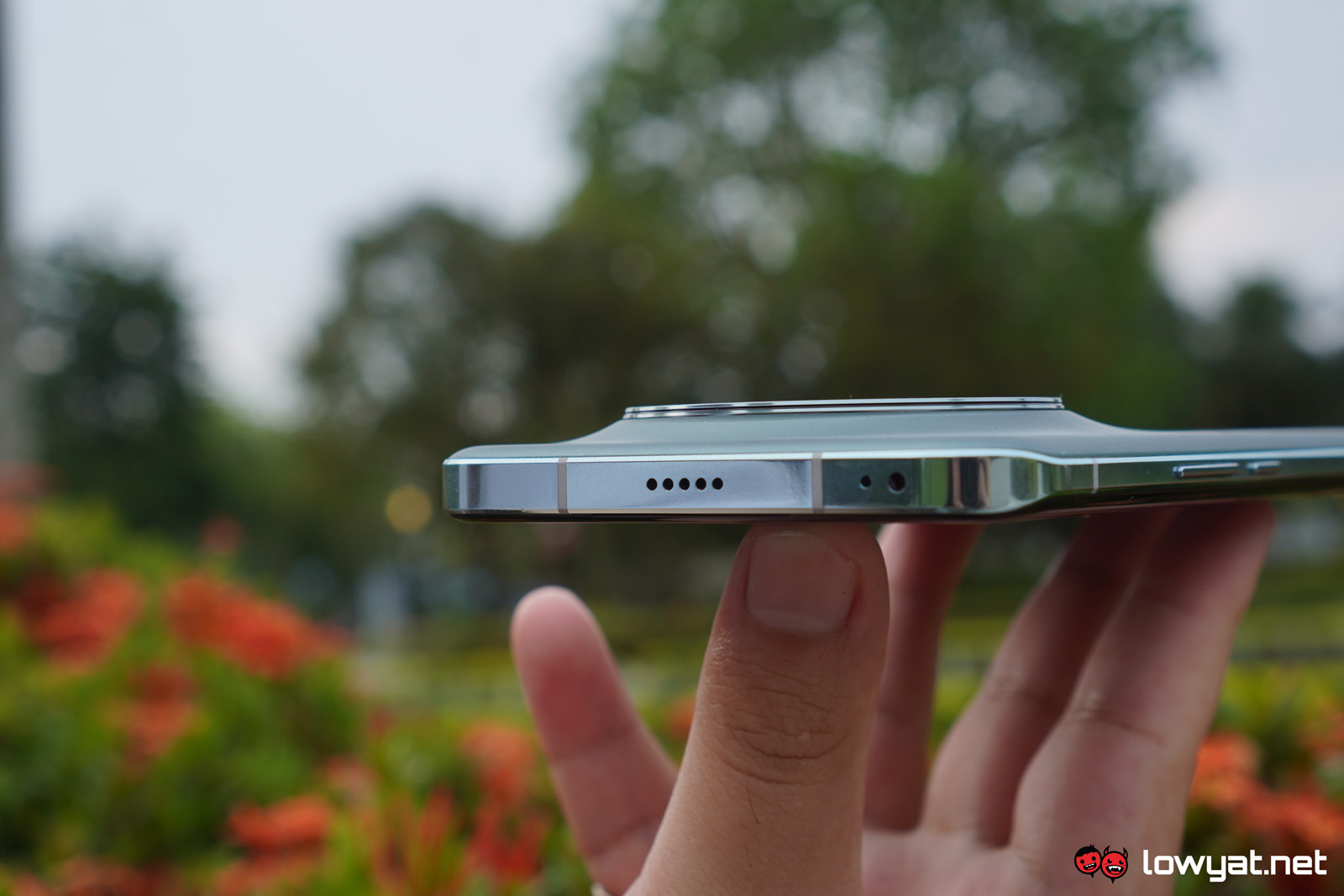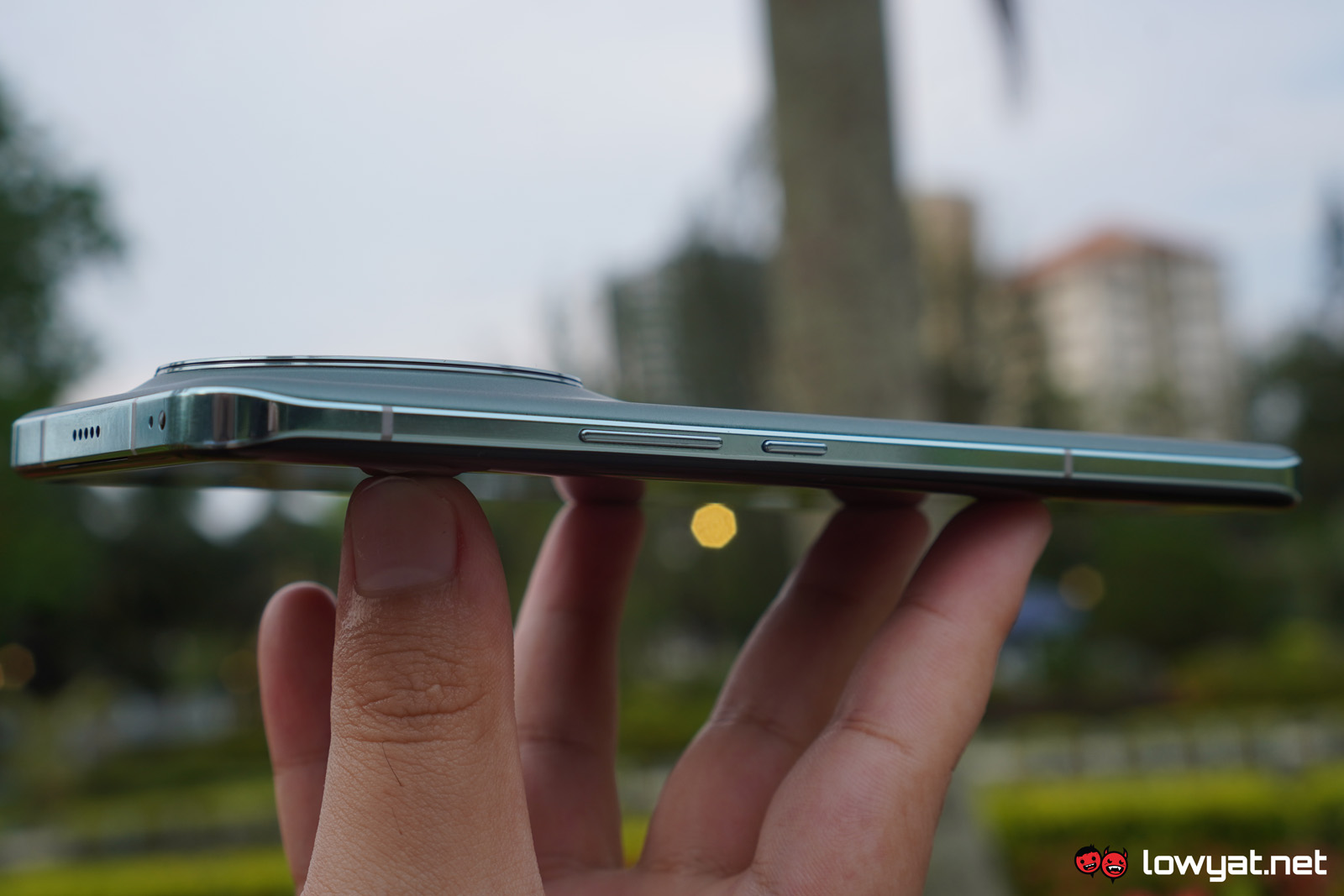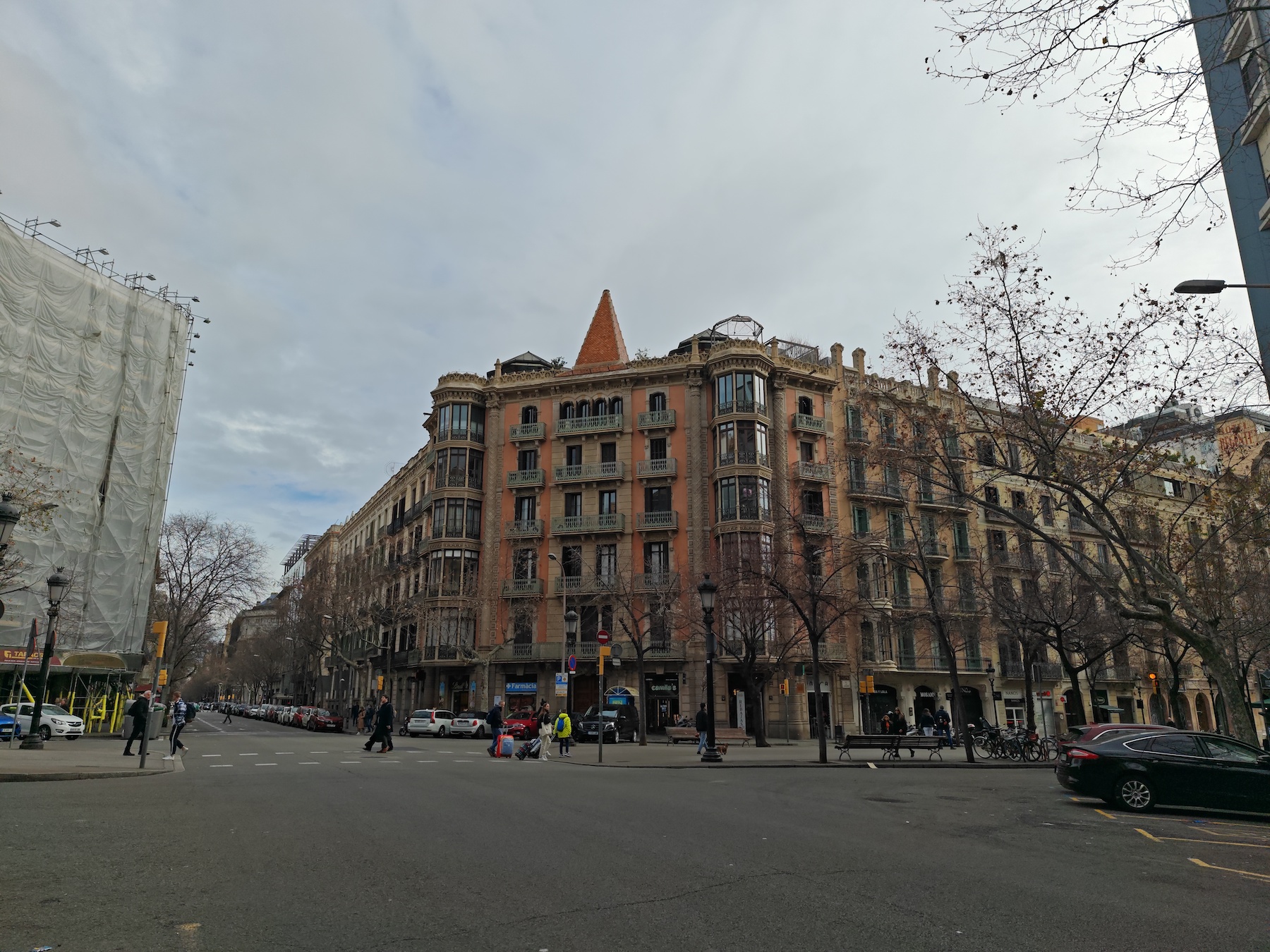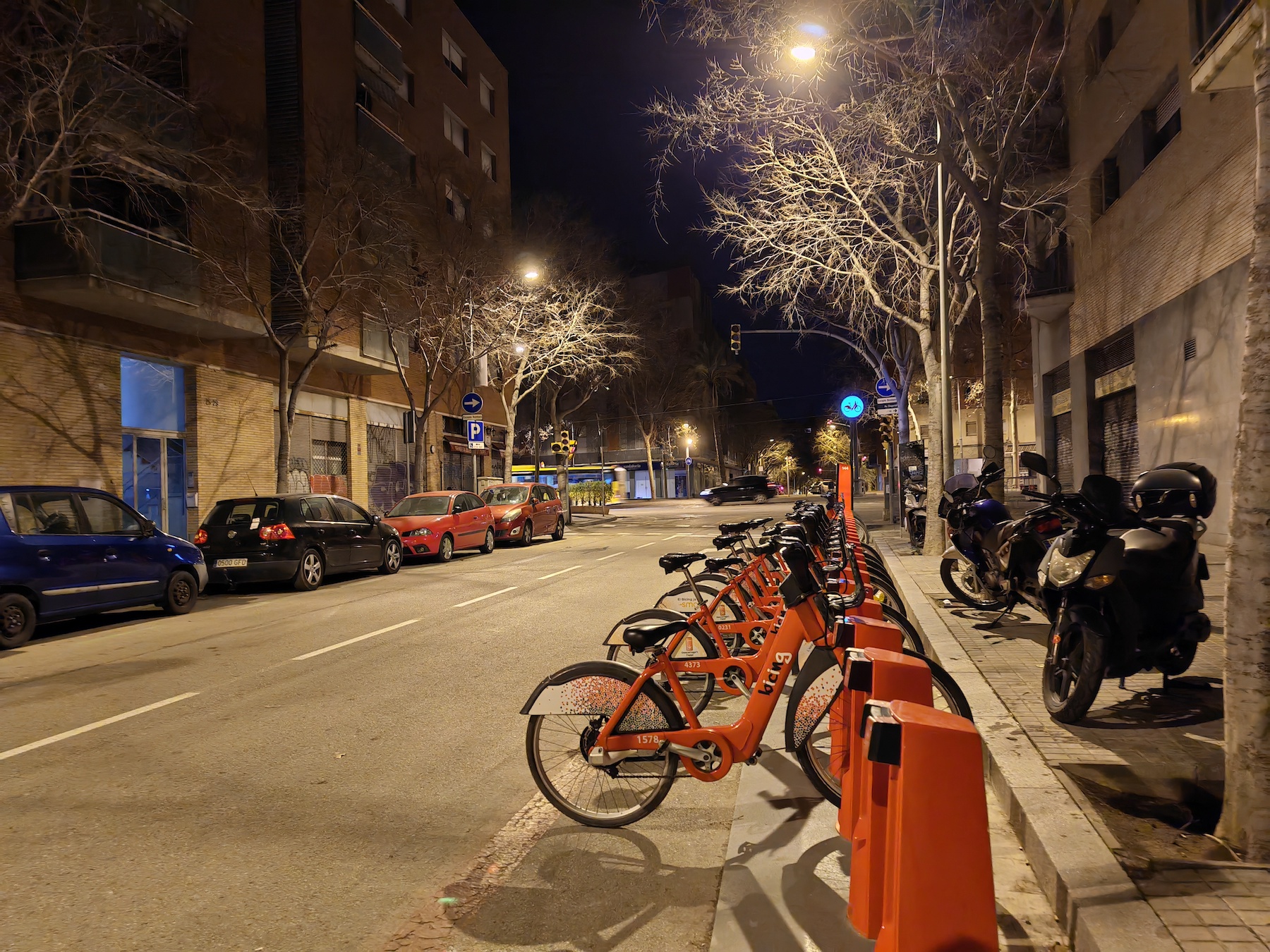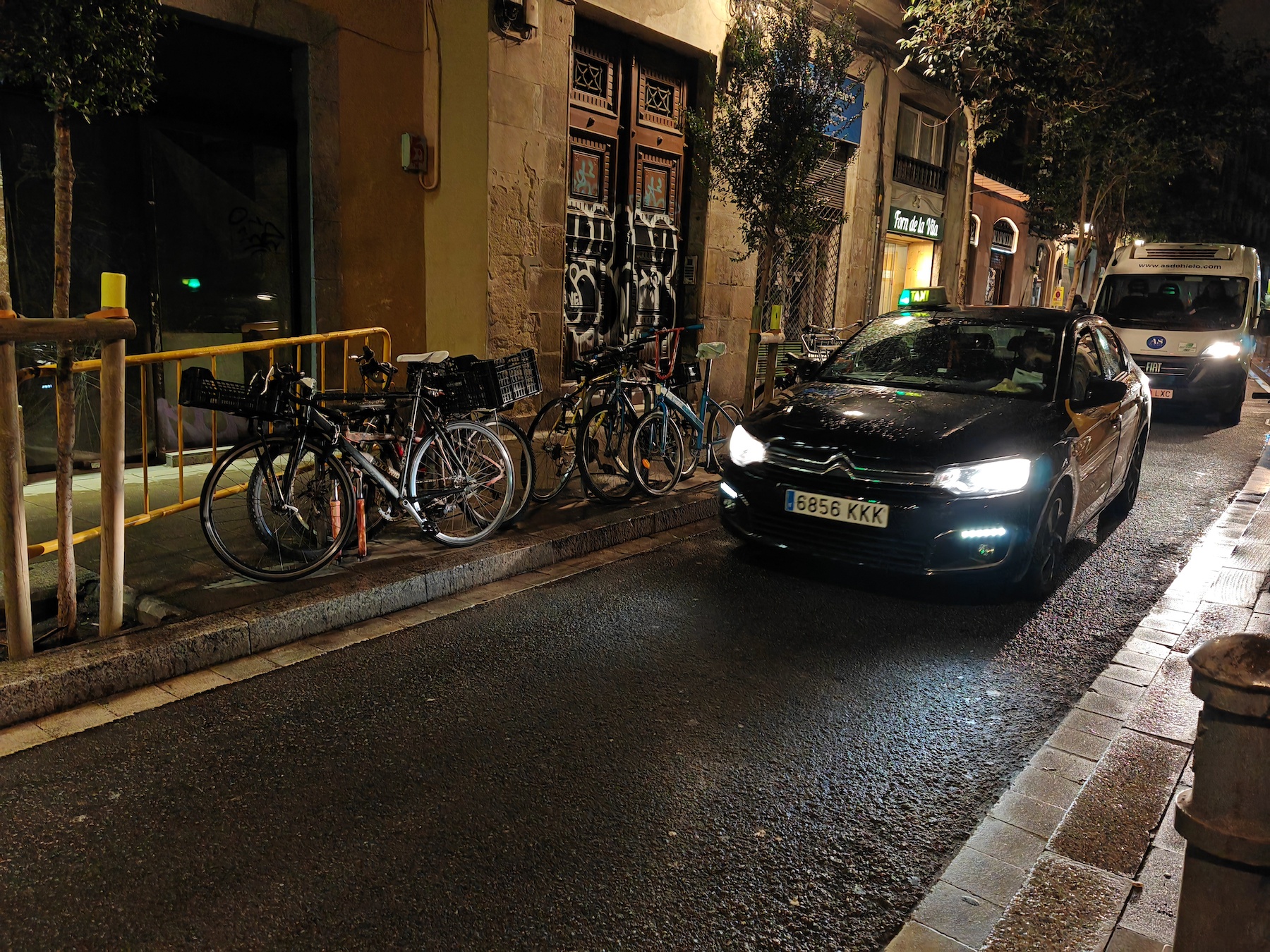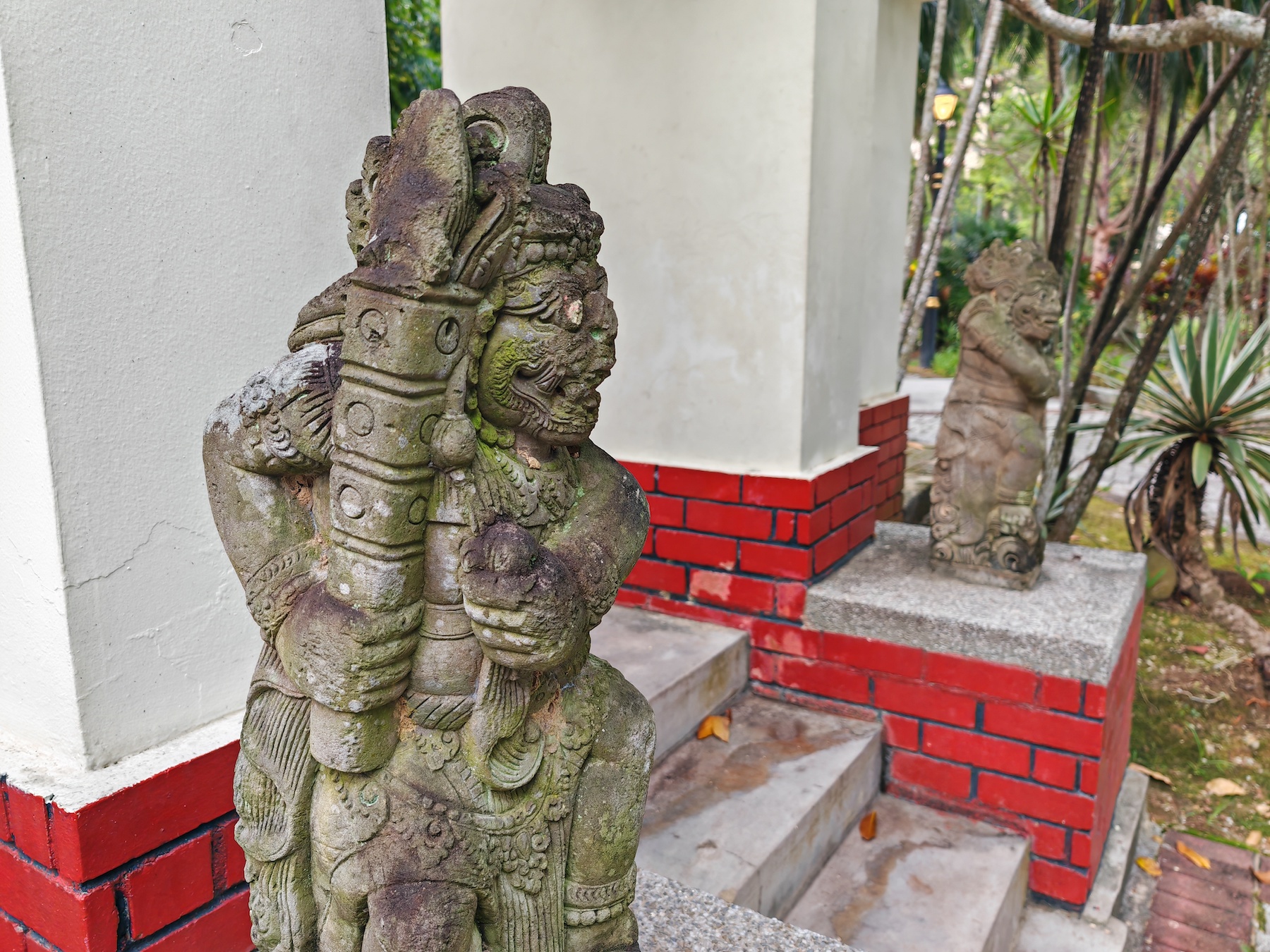HONOR has officially brought over its latest flagship smartphone, the HONOR Magic5 Pro, to Malaysia. With its new starwheel camera design, I’ve been using the phone over the last few weeks to see if the brand has made any significant improvements to last year’s already impressive photography system.
The company is once again offering top-of-the-line specs in a familiar body, with the exception of a refreshed design on the back that still puts forward the massive camera module.
Specifications
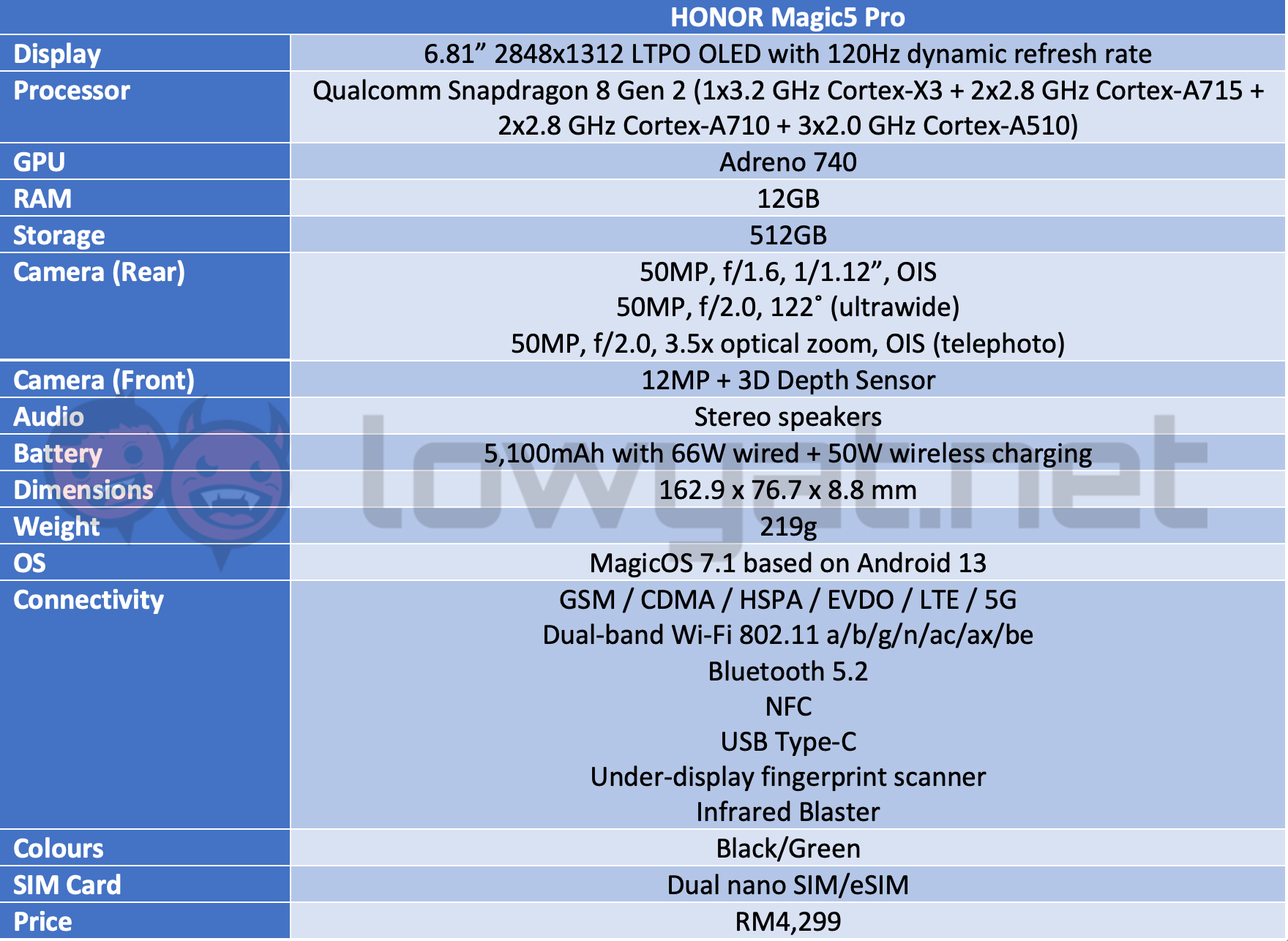
To no one’s surprise, the HONOR Magic5 Pro is powered by the latest flagship chipset from Qualcomm, the Snapdragon 8 Gen 2. It comes with a 6.81-inch LTPO OLED display, the same size as the Magic4 Pro, with a dynamic refresh rate of up to 120Hz.
Unlike last year’s phone that featured a 64MP telephoto lens, this device sports a 50MP sensor for all three cameras, although there are some notable improvements which I’ll talk about below. Like several of its 2023 competitors, it supports Wi-Fi 7, making it future-proof. Moreover, it’s nice to see eSIM being a standard feature amongst recent flagships.
Design
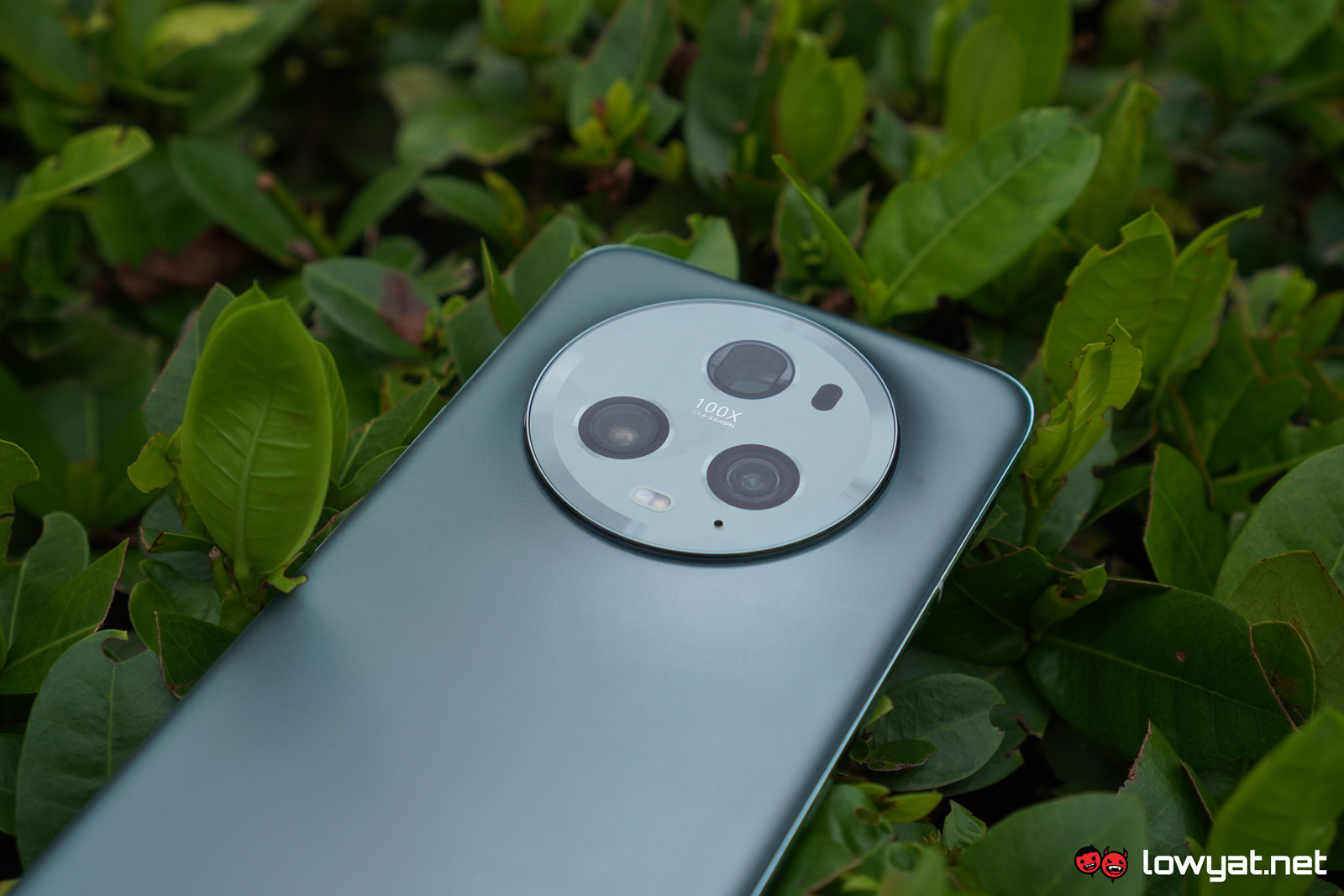
The design is quite familiar up front, with a big but still easily-handleable body with curved edges and a punch-hole cutout in the top-middle of the display. On the back is where we can see it departs from the aesthetics of the Magic4 Pro; instead of glossy glass, the back instead uses a matte finish which is both more pleasant to hold and will retain much fewer fingerprints.
The camera module, while still massive and centred, now matches the rest of the backplate instead of looking like a big black eye. The island is also connected to the backplate with a slight curve, which is a nice touch.
Both the volume rocker and home button are put on the right-hand side of the phone, while the bottom and top are where you’ll find the dual stereo speakers. Interestingly, the top of the phone also contains an IR blaster in case you want to use it as a remote to control your appliances.
As previously mentioned, the edges of the phone curve just right for it to fit snuggly in your hand, and despite its massive size, it doesn’t feel that overweight in the hand even though it is technically a bit heavier than last year’s phone.
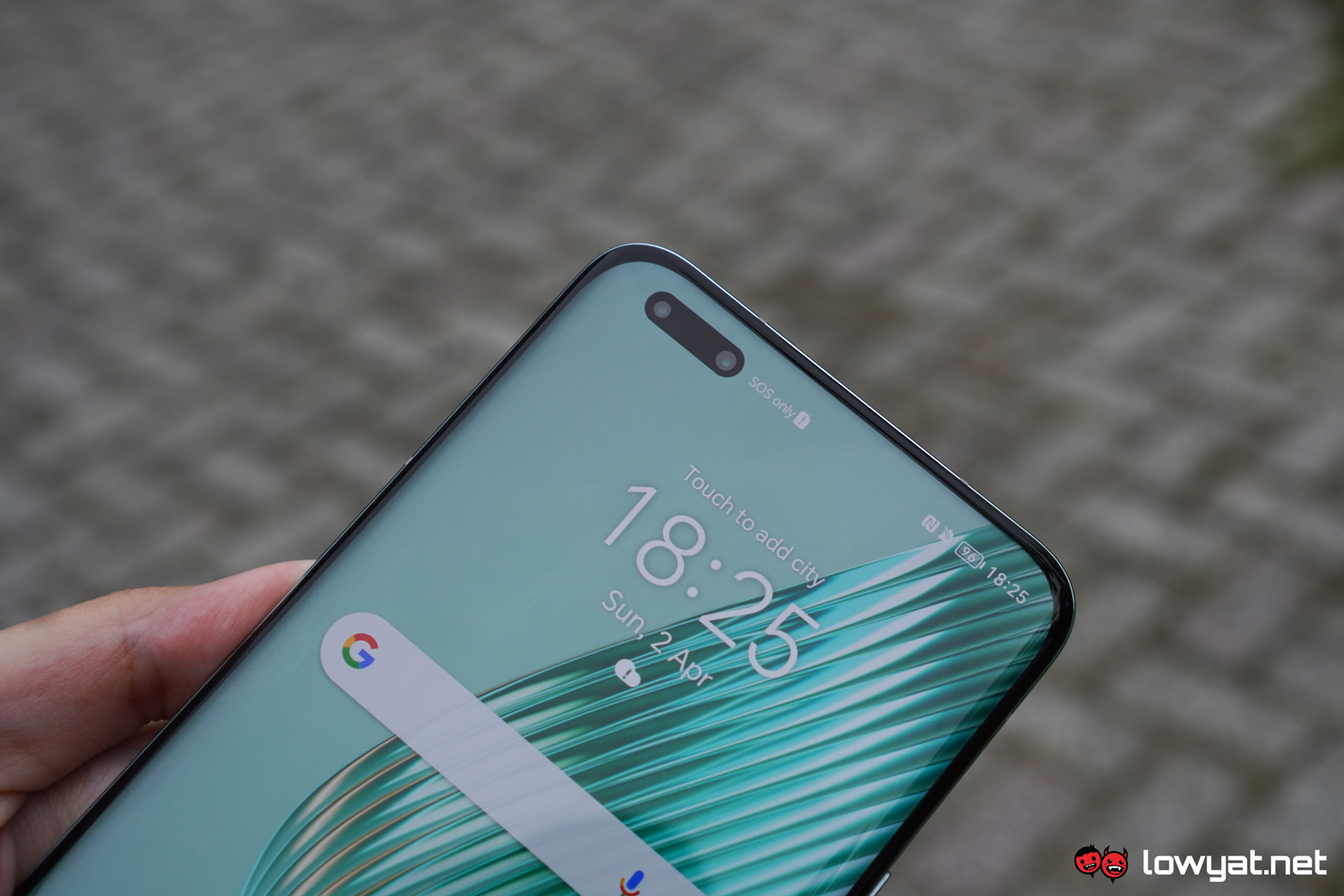
For protection, the phone retains its IP68 dust and water rating, meaning that it can theoretically be submerged in 1.5M of water for up to 30 minutes. While I haven’t dared to put this to the test, it does give me the sound of mind when I use the phone in the middle of a light drizzle.
Once again, the front camera module is equipped with a secondary 3D depth sensor for facial unlocking, similar to Apple’s Face ID. You can also unlock it using the under-display fingerprint scanner, but unlike last year, it doesn’t come with an ultrasonic sensor this time around.
User Experience
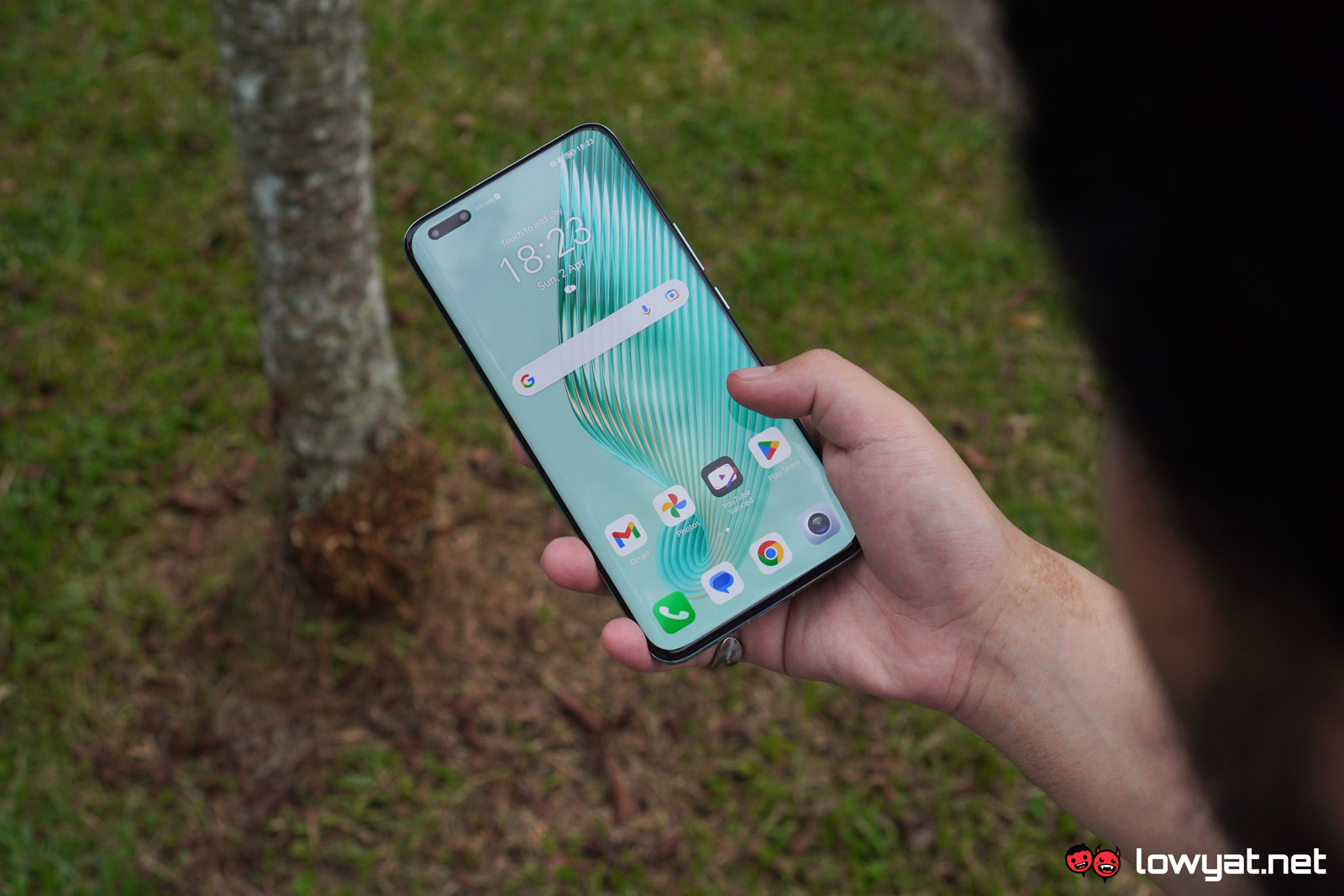
The display for the HONOR Magic5 Pro is brilliant with bright, vivid colours and ease of outside usage with its peak brightness of 1,800 nits. I’m happy to say that while I still prefer a flat display, I have so far not encountered an accidental touch with the phone’s edges, so props to the software team’s work on palm detection.
When it comes to the fingerprint sensor, I find myself disappointed, given how I fell in love with the Magic4 Pro’s ultrasonic scanner as it was lightning fast and never had an issue with my sweaty fingers. The optical sensors on the Magic5 Pro are more than decent, but it occasionally misses, to my chagrin.
For the performance, you wouldn’t expect anything other than thumpingly fast and fluid with a 120Hz refresh rate and the most powerful chipset Qualcomm has to offer, the Snapdragon 8 Plus Gen2. You can open up and use any app with ease; switch apps as much as you want, but the phone won’t falter.
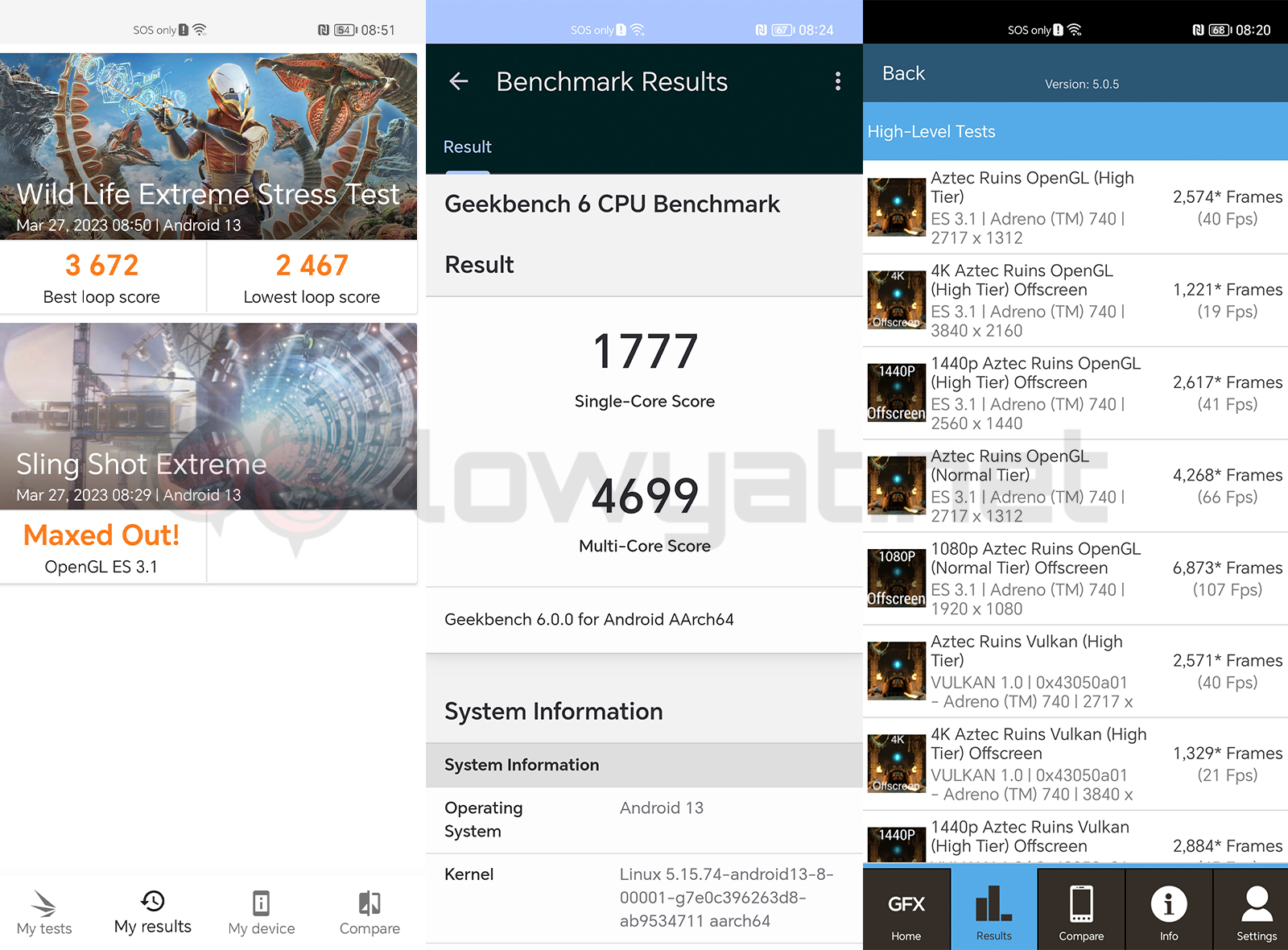
Of course, we also have to look at synthetic benchmark scores. Using the typical benchmarking apps, the HONOR Magic5 Pro outperforms some of its competitors using the same chip while avoiding being hampered by heat throttling.
When it comes to the battery life, it disappointingly only lasted a little over 12 hours with our YouTube endurance test, with the brightness and sound set at around 25%. However, the standby time of this phone is nothing to snuff at, as it can easily last three to four days when I only took it out to take pictures.
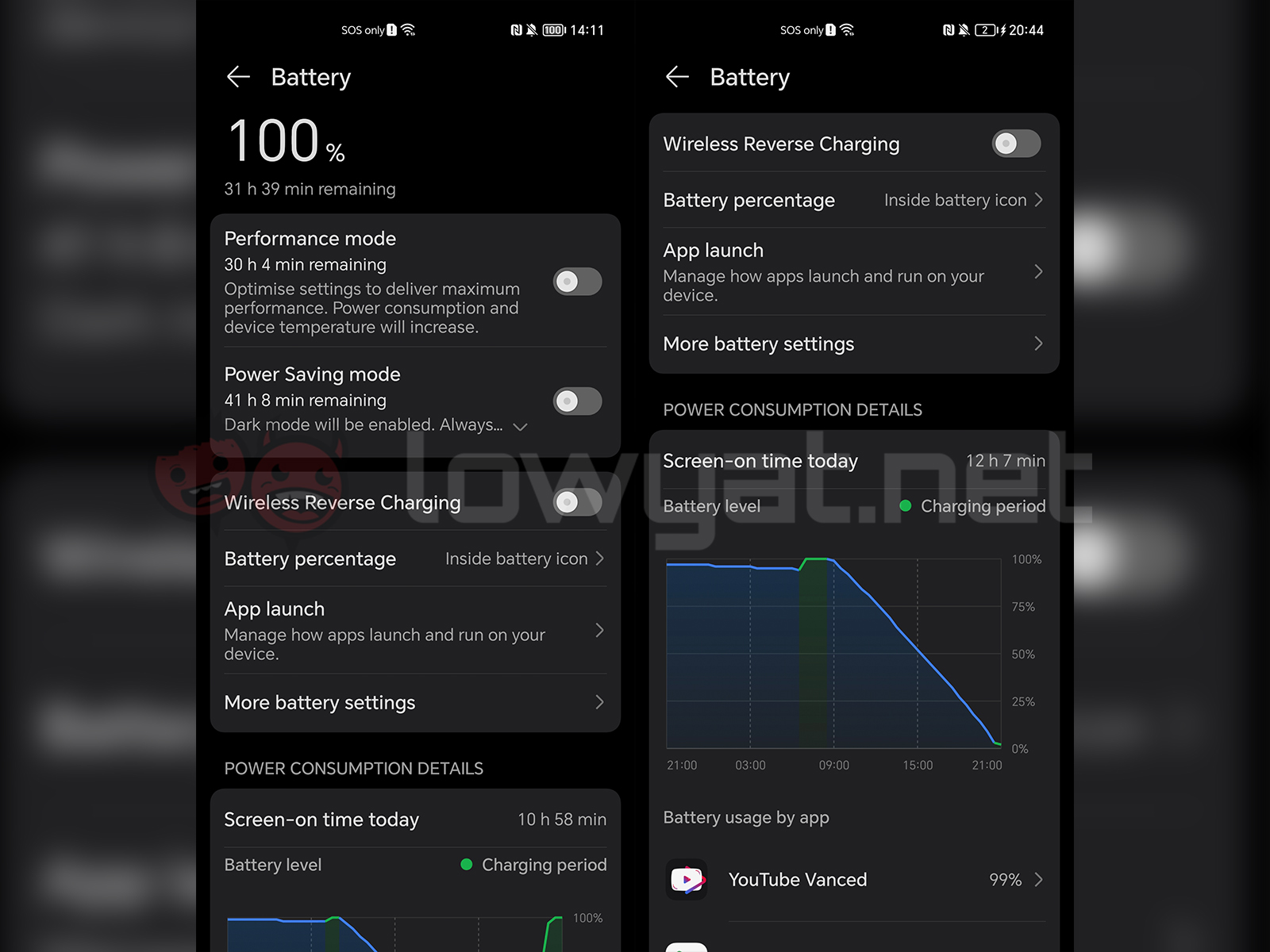
As for regular usage, I’m happy to say it’s still an-all day battery and you can push it into a full second day depending on your usage. Keep in mind that I kept the screen resolution at 4K; had I set it to 1080p, the battery could have easily lasted two days without me having to worry about finding a charger.
Speaking of chargers, the phone does support 66W charging as well as 50W wireless charging. Not to say that these aren’t fast speeds, but in recent months, many Android OEMs have started offering charging speeds of up to 150W or more, so it does feel like HONOR is lagging behind in this department.
It does still offer 5W reverse wired and wireless charging, which can help you out in a pinch. However, I would advise you to keep a cable around as the reverse wireless charging can be quite iffy and unreliable.
On the software side, I’m still not the biggest fan of MagicOS’ design and menagerie of features that sometimes teeter on the brink of feeling like bloatware. Most of the features I dislike can be turned off but that’s a lot of manual work that I wouldn’t need to do with a cleaner OS. There are also small things, which don’t really matter, that irk me like not being able to toggle automatic brightness in the brightness slider of the control centre.
Camera
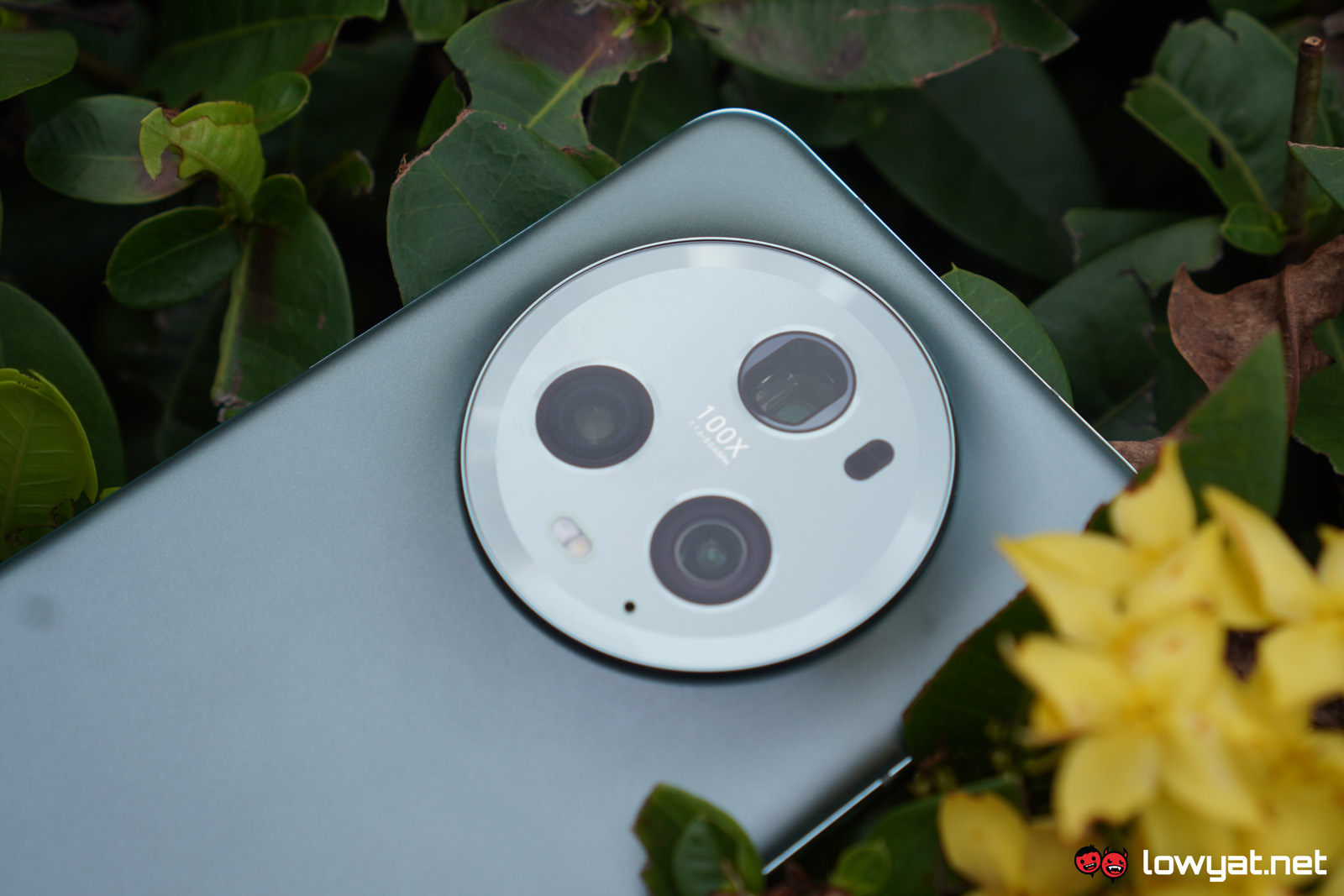
The camera module, called the Star Wheel system, consists of three 50MP cameras with a wide, ultra-wide, and telephoto. The wide camera is fitted with a larger 1/1.12 sensor with an f/1.6 aperture, the ultra-wide gets a brighter f/2.0 aperture, and the periscope similarly uses a brighter f/3.0 aperture.
This time around, the main wide camera also has OIS included along with the telephoto, making the ultra-wide the only sensor in the setup without OIS. The new camera system also has a new feature called Falcon Capture, which promises to be able to capture a crisp image of a subject in motion.
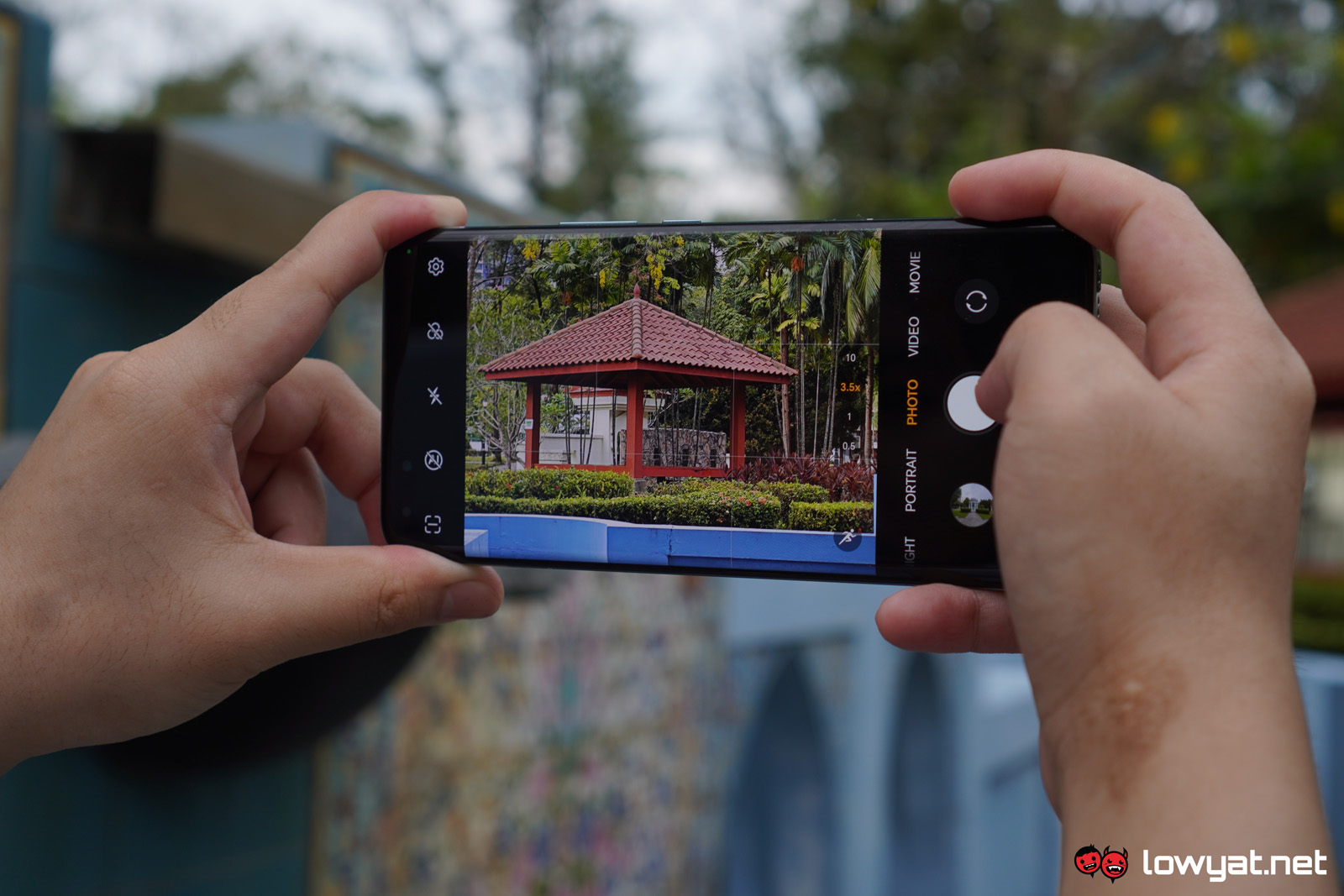
In my experience with the phone, almost every picture I’ve taken with it has been fantastic. The colours are vivid but balanced and the sharpness of photos taken by the main camera is hard to beat, along with the smooth beautiful bokeh.
That being said, the main camera has an issue with consistency as some photos I’ve taken of the same scenery, taken seconds apart, can look drastically different, especially when it comes to the white balance. Not only that, but it seems that the software is much more optimised for the regular photo mode where the 50MP images are binned.
What I mean by that is when I try to use the 50MP mode, which should result in the same image at a higher resolution, it always ends up being darker and duller than the regular photo mode. Although they are admittedly much sharper and more detailed, you might have to tweak the brightness afterward.
Night photography on the phone is brilliant as long as there are enough light sources such as street lights. Pictures come out as crisp as ever without losing much detail and the blacks in the photos aren’t crushed.
As for the Falcon Capture technology, it can be quite hit-and-miss. It works quite well in daylight but at night, moving objects like cars can still look blurry.
One annoying thing about the camera’s software is that there is no setting to turn off automatic macro mode, so you’ll have no luck taking close-ups using the main camera. The macro mode isn’t horrible, but it’s noticeably less sharp.
The most interesting feature that I’ve played around with is the Super Macro mode, which lets you take incredibly close-up images that reveal amazing detail. Is it as good as the microscope cameras found on some OPPO phones? No. But it’s still a very pragmatic photography tool to use when you want details of small figurines or flowers, for example.
The periscope telephoto lens is just fine in my opinion. It has an optical zoom of 3.5x and in that state, pictures are still considered more than good enough. When you zoom in 10x, it gets too blurry to actually take proper photos but can still be used to spot some far-away details like a pocket telescope. Using 100x, however, results in images that look like they were generated by a rudimentary AI.
Samples
Competition
OnePlus 11
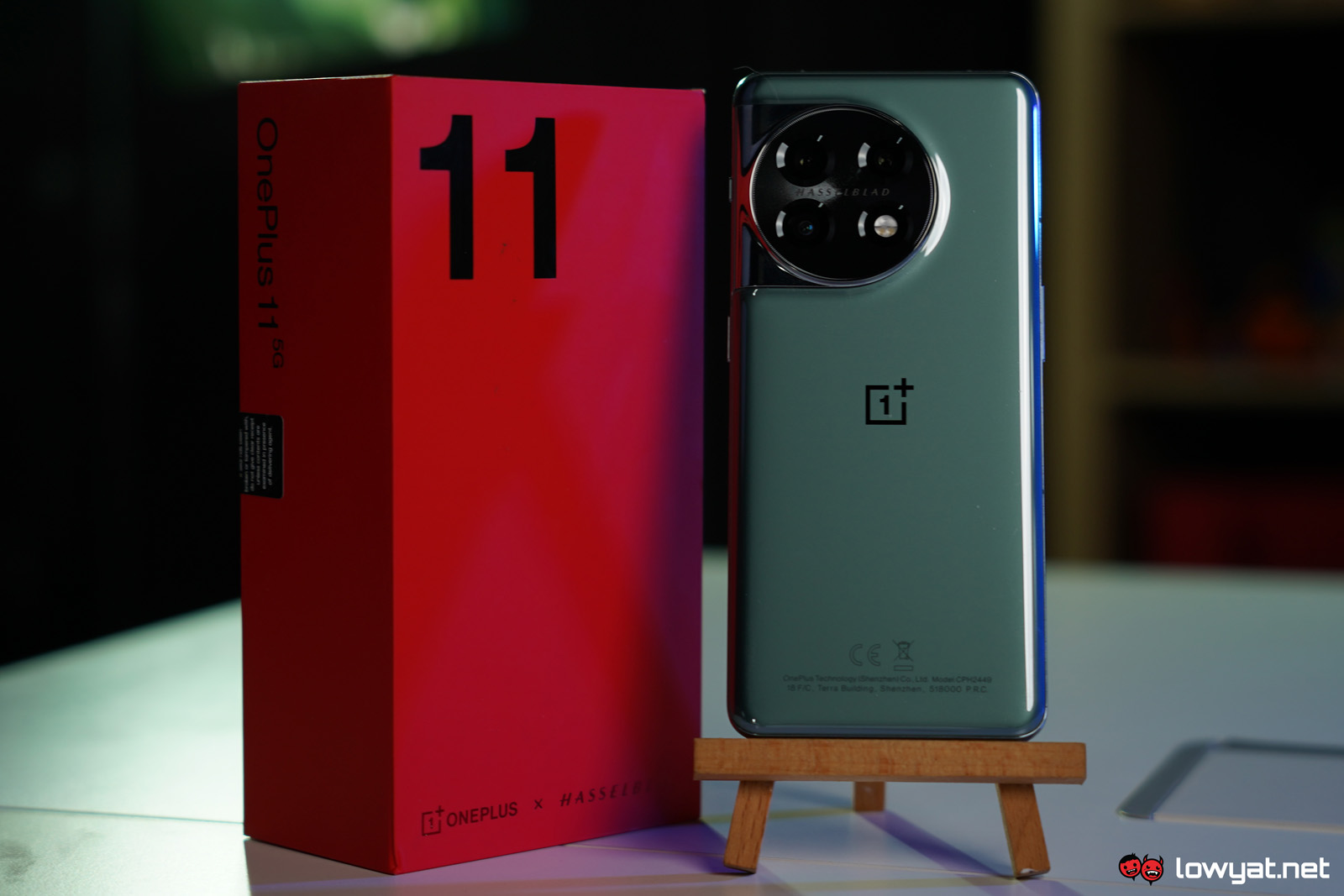
The most direct competitor to the HONOR Magic5 Pro is arguably the OnePlus 11, which is also running on the Snapdragon 8 Plus Gen2. For only RM3299, it offers a Hasselblad camera system consisting of a 50MP main camera with a comparatively smaller sensor, a 48MP ultra-wide and a 32MP telephoto with 2x optical zoom.
While it can be configured with 16GB of RAM, OnePlus tops out at 256GB for storage, so if you need more, you’d be better off with the HONOR phone, but then again, there is a RM1000 disparity. It has a slightly smaller 5000mAh battery with a significantly faster 100W charging speed, but it lacks wireless charging.
Samsung Galaxy S23 Ultra
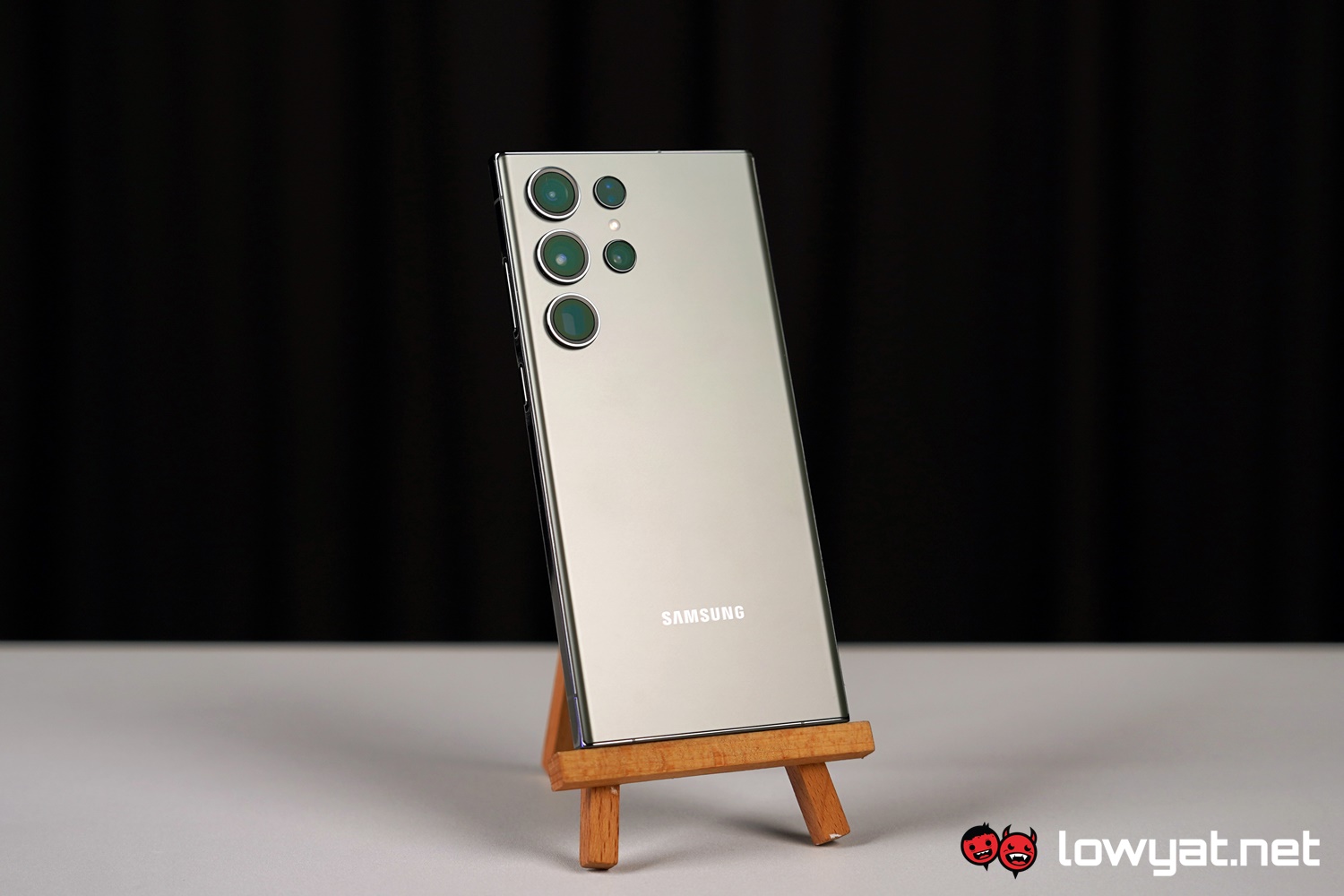
The fiercest competitor in the Android flagship space is definitely the Samsung Galaxy S23 Ultra. It is fitted with a custom version of the Snapdragon 8 Plus Gen2 chipset and can be configured with up to 12GB of RAM and 1TB of storage.
Of course, its strongest element is photography with its 200MP main camera, two telephoto lenses with up to 10x optical zoom, and 12MP ultra-wide. The 5,000mAh powering it charges at 45W wired and 15W wireless, along with reverse wireless charging.
Conclusion
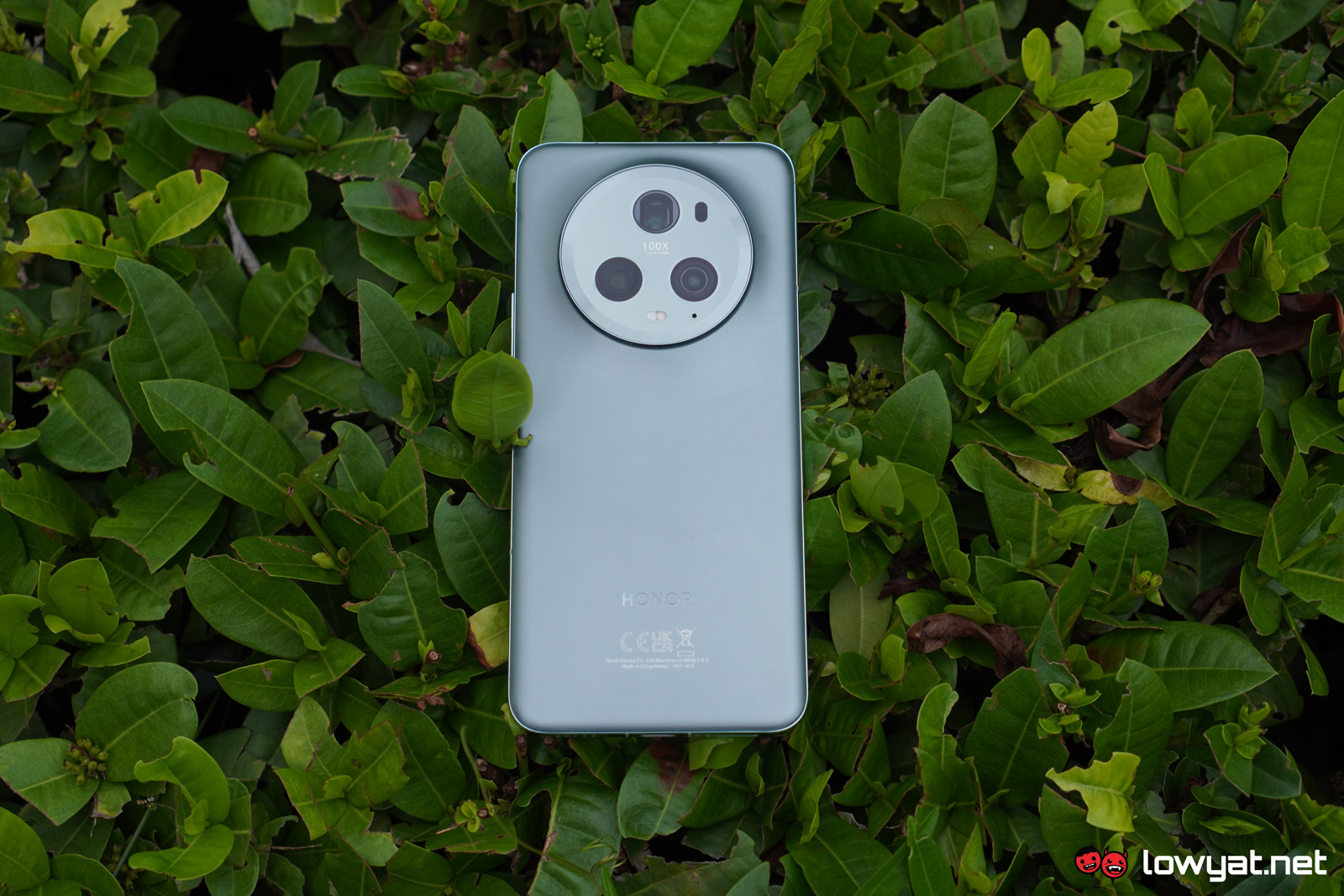 The HONOR Magic5 Pro is definitely one of the best flagship phones to have come out in the first half of 2023. While the Android software still has a lot of room to improve, the hardware side is nothing less than premium.
The HONOR Magic5 Pro is definitely one of the best flagship phones to have come out in the first half of 2023. While the Android software still has a lot of room to improve, the hardware side is nothing less than premium.
While it may not necessarily beat out some of its pricier competitors in terms of the best phone camera, it’s definitely no slouch either. While I hope that HONOR fixes some of the consistency issues in a coming update, the camera overall is a fantastic shooter to keep in your pocket.
Follow us on Instagram, Facebook, Twitter or Telegram for more updates and breaking news.


